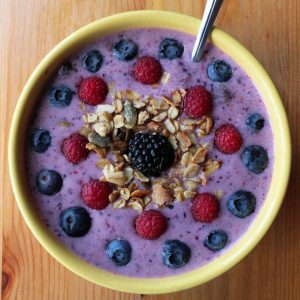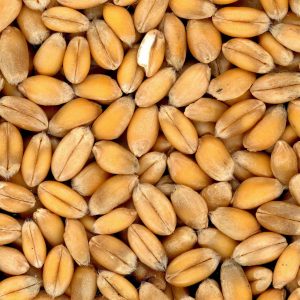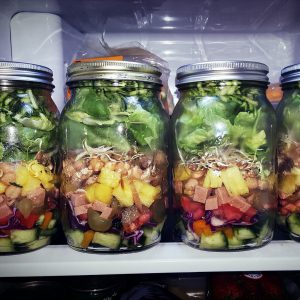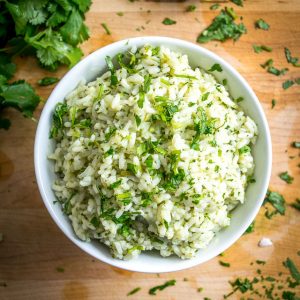Going Meatless in the East & West
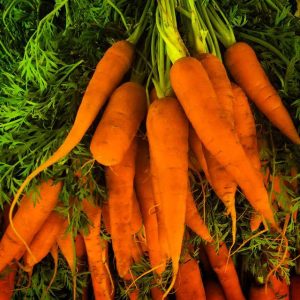

The reasons behind a meat-free diet are as diverse as the people who choose it. Many attribute large-scale vegetarian acceptance in the East to prevalent traditional values and religious beliefs. However, Western countries that continue to see growth in their vegetarian communities often cite animal welfare and environmental damage as their key motivators. So lets dig a little deeper into the motivations behind living the veggie life.
An Eastern perspective: “One is dearest to God who has no enemies among the living beings, who is nonviolent to all creatures.” - Bhagavad Gita[1]

Asia is often seen as a spiritual hub where people from all walks of life come in the hope of finding themselves or to learn under grand yogi’s or meditation masters. Ashram’s[2] provide a place of refuge and spiritual learning for the wandering traveller, and the spiritual transformation they desire requires a strict basic vegetarian diet. Vegetarianism is often coupled with spirituality because it’s hard to embark on a path to enlightenment or awareness without questioning what you put into your body. Ahisma in Sanskrit means ‘to do no harm,’ and is echoed in major eastern religions like Buddhism, Jainism, Hinduism, Sikhism and Taoism. The reason vegetarianism is so widespread in this part of the world is because the Dharmic[3] concept of Ahismsa has connotations of compassion, kindness and non-violence towards all living things. The belief that life is interconnected and all living things originated from the same source makes it almost unnatural to consume meat.
Mike Linksvayer CC BY 2.0
Sometimes however, the boundaries can be ambiguous. For example some Buddhist’s claim Buddha himself ate meat and permitted Monks to do so under the 3-fold rule – if the animal isn’t seen, suspected or heard to be slaughtered for the meal. On the contrary, Jainism preaches the strictest form of a spiritually motivated diet based on this principle: every act where a person supports killing (directly or indirectly) is a violent act and creates bad karma. Jain cuisine, like that of Japan’s Buddhists excludes onions, garlic, root vegetables and other tamasic[4] ingredients believed to possess qualities of darkness and lethargy. Pure (sattvic)[5] foods based on goodness, lightness and happiness are preferred and help to keep a steady, peaceful mind conducive to a meditative state of heightened awareness. This is why in some Eastern traditions your diet is a major determinant of your spiritual success or failure.
Julie Facine CC BY-SA 2.0
While the above reasons may resonate with elders or the spiritually inclined, younger generations may simply have accepted vegetarianism as a part of their culture because they were brought up that way or they may have embraced it for entirely different (perhaps more western orientated) motives.
A Western Perspective: ‘A reduction in beef and other meat consumption is the most potent single act you can take to halt the destruction of our environment and preserve our natural resources’ – John Robbins[6]
The Western world is experiencing a growing trend of people switching to the greener side. In less affluent areas this could be due to meat availability and cost. However most new vegetarians state ethical and/or health reasons. Many advocate animal welfare and acknowledge moral issues with consuming meat, especially from factory farms where battery chickens and other animals are bred to be exploited for profit. They believe it leads to institutionalized animal cruelty, resource depletion and health risks for both humans and animals because of chemicals and hormones added to the meat.
David Shankbone CC BY 2.0
The increasing health benefits of a plant-based diet is currently a hot topic in the West, but when asked over 100 years ago about vegetarianism, the playwright Bernard Shaw stated: "The average age of a meat eater is 63. I am on the verge of 85 and still work as hard as ever. I’ve lived quite long enough and am trying to die. A single beefsteak would finish me; but I cannot bring myself to swallow it. I am oppressed with a dread of living forever. That is the only disadvantage of vegetarianism.” The myth that a meatless diet makes it difficult to provide sufficient proteins is now well and truly refuted.[7] Moreover, now that the recommended 5-a-day is trending towards 7-a-day,[8] a vegetarian diet that is high in fibre and low in saturated fat is gaining more attention as one that can have social and personal benefits for individuals on all levels.
Jovan J CC BY-NC-ND 2.0
Research on this matter is showing that lower worldwide meat consumption can have a positive impact on the environment whereby commercial farming, professional fishing and slaughter houses can be replaced with sustainable eco-farming. Moreover, according to PETA,[9] it takes more than 2,400 gallons of water to produce 1 pound of meat - that’s equal to 6 months worth of showers! Whereas growing 1 pound of wheat only requires 25 gallons. With these facts out there, its only natural for there to be a rising trend of restaurants moving away from meat dishes and getting really creative with vegetables, particularly in the US.
For more on this stay tuned for our upcoming feature on 'New Age Cooking'.
[1] http://en.wikipedia.org/wiki/Bhagavad_Gita
[2] http://en.wikipedia.org/wiki/Ashram
[3] http://en.wikipedia.org/wiki/Dharma
[4] http://www.civilsocietyonline.com/Archive/mar10/mar1016.asp
[5] http://en.wikipedia.org/wiki/Sattvic_diet
[6] John Robbins, author of "Diet for a New America", and President, EarthSave Foundation, Santa Cruz, California
[7] http://www.vrg.org/nutshell/faq.htm#vrg
[8] http://www.nhs.uk/news/2014/04april/pages/five-a-day-should-be-upped-to-seven-a-day.aspx
[9] People for the ethical treatment of animals;
<!--http://www.peta.org/issues/animals-used-for-food/meat-wastes-natural-resources -->
NEWSLETTER SIGNUP
Never miss a post from VeggieBuzz!
Sign up for our newsletter to get the latest VeggieBuzz content delivered right to your inbox.











